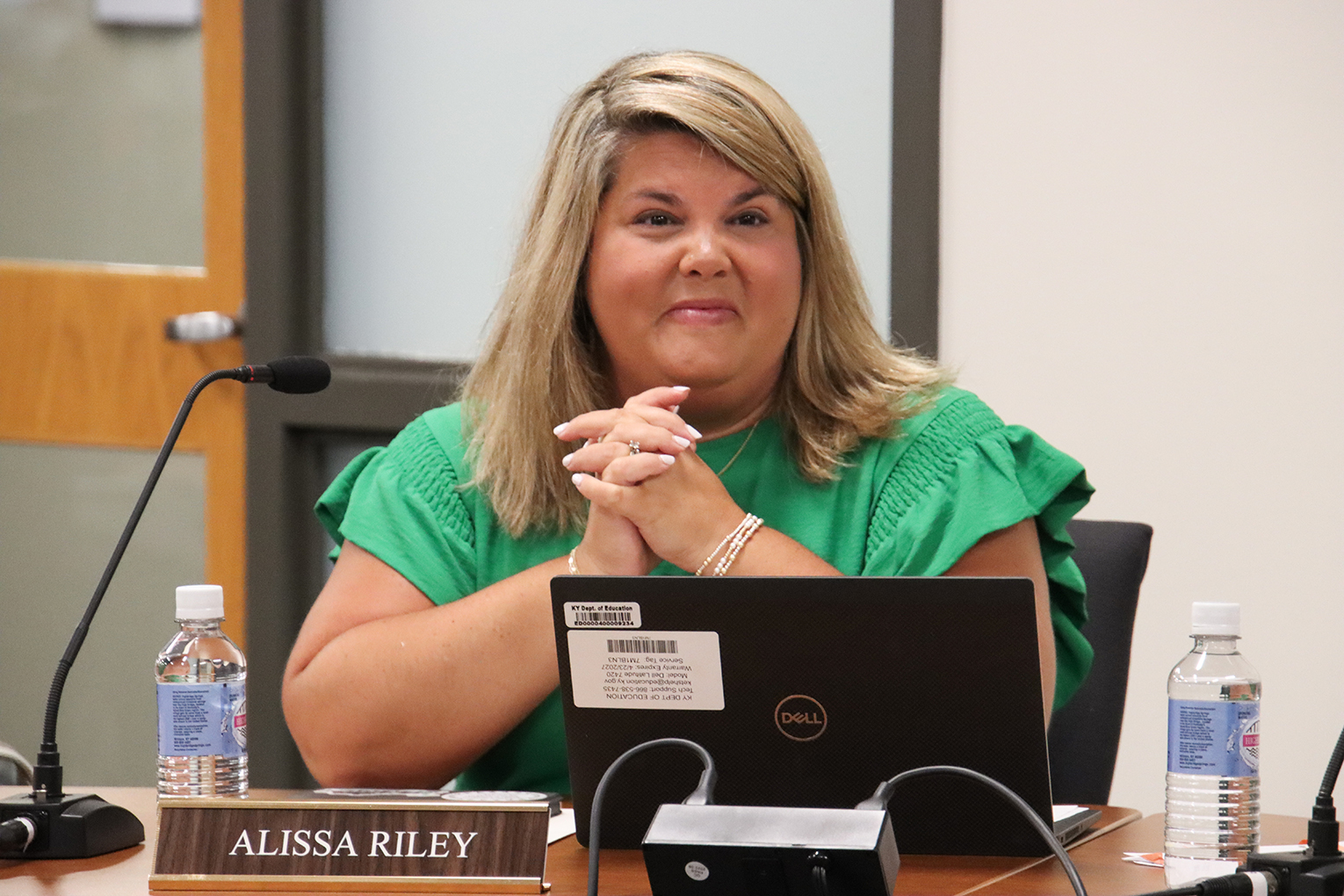Naturally, when the Teacher Professional Growth and Effectiveness System (TPGES) was rolled out to our faculty many of us had questions. At my school, some of us wondered how this work would look in our large high school. Would our principals be stretched too thin with all of the observations and conferences? Others wondered how we would manage the documentation required by this system. Would keeping up with the paperwork take us away from our teaching duties or personal lives? While we had many questions, no one disagreed with the need for an overhaul of our old evaluation system. We were ready for a system that would support us professionally and provide clear direction for our growth as teachers.
My hope is that TPGES doesn’t become a matter of compliance for teachers, but instead an opportunity for us to shape our profession. Since TPGES is still in its infancy there are opportunities for us to shape and refine its components. After all, each school has its own unique systems and structures in place. Systems that work for my large high school may not fit the needs of a small elementary school. For this reason, teachers need to use our voices and experiences with TPGES to provide feedback for refinement of the evaluation system.
Through TPGES, teachers have the opportunity to not only improve our teaching, but also our profession. We need to take advantage of this time and offer our professional expertise to move our profession into the 21st century. For TPGES to be successful, it is important that our feedback follow a couple guidelines.
Be Specific: When teachers approach our principals, district and state leaders we need to be specific in our suggestions for improvement of the TPGES system. We need to avoid generalizations. It is not helpful to state that the student voice survey is unfair. Rather, if you state that only 12 of your 32 students were present on the day the survey was administered because the county was on a two-hour delay and not every student voice was heard, then you are providing specific details for the district officials to consider when creating the Certification Evaluation Plan for the next school year.
Be Inventive: My colleagues are some of the most intelligent, creative, and thought-provoking people I know. They have taken these characteristics and applied them to helping one another during this first year of TPGES implementation. Their ingenuity has helped create systems of support and documents to help one another this year. I am certain my school is not unique. These supports are being created in each school and district. They should be shared among schools and districts since we are all using the same evaluation system. Maybe CIITS is the platform for the sharing of resources, but I suspect this sharing will be more grass-roots, and teacher to teacher. Still, it would be nice for us to collect these resources in a one-stop warehouse.
Be Solutions-Oriented: Teachers are problem-solvers. We have to quickly assess problems in our classrooms and create solutions to help our students. We need to tap into this skill-set to improve our profession as well. Rather than focusing on the hurdles of implementing TPGES this year, we need to focus on offering solutions for those hurdles. Focusing on solutions doesn’t mean we ignore the problems. Instead, it means we engage in meaningful conversations, support one another, and improve the success of all involved.
If we are going to move our profession forward, teachers need to not only be involved in shaping our professional evaluation system, but also in holding our decision-makers accountable for making sure the system isn’t simply about compliance. We need a system that moves beyond meeting deadlines and checking off boxes. We need a system that will challenge us. TPGES is that system.
Sherri McPherson is a National Board Certified Teacher with 14 years’ experience. She currently teaches English/Language Arts at Lafayette High School in Lexington, Kentucky. She is a Hope Street Fellow.




Leave A Comment